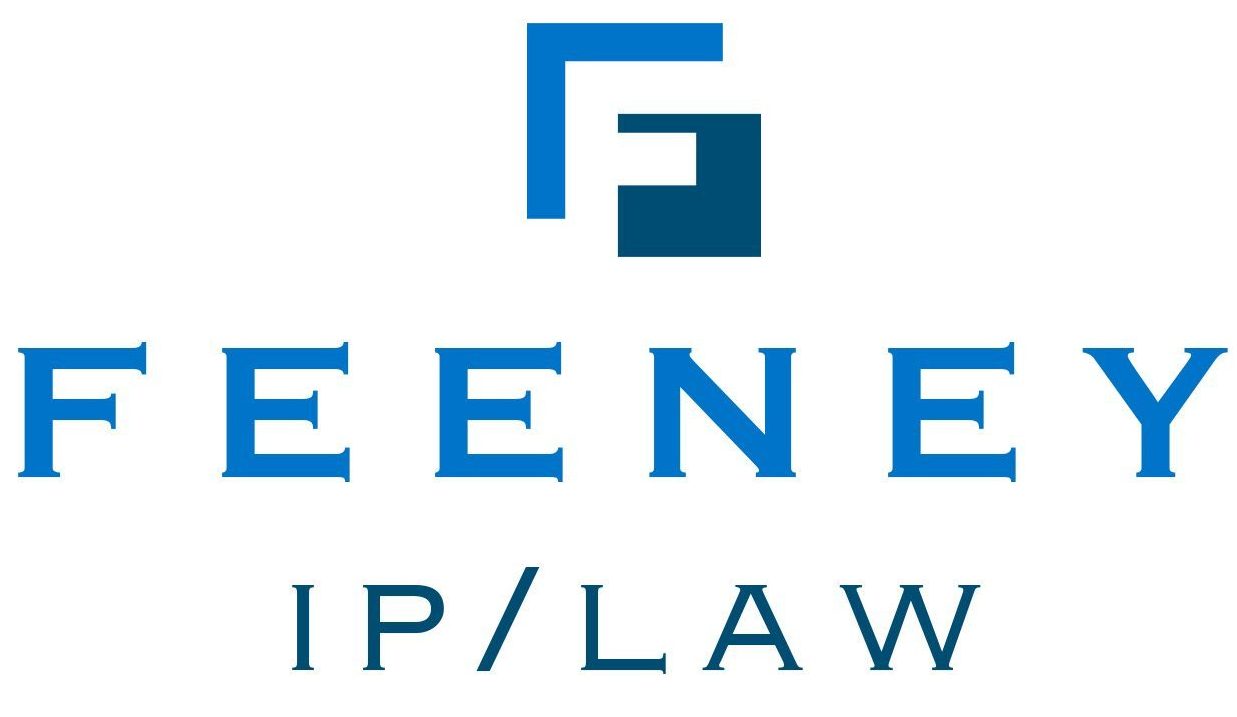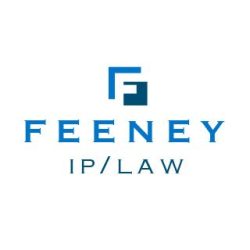Introduction
Artificial intelligence (AI) has rapidly advanced and transformed numerous industries, bringing about innovations and inventions that were once beyond imagination. As AI becomes more sophisticated, the line between human-created and AI-generated inventions starts to blur, raising critical questions about intellectual property rights and the role of patent attorneys. This article delves into the ethical considerations surrounding AI patent attorney ethics and the challenges that patent attorneys face as they navigate this new territory.
The AI Inventor
Brief history
AI has come a long way since its inception in the mid-20th century. With developments in machine learning and neural networks, AI systems have become increasingly capable of creating inventions autonomously, without human intervention.
Examples of AI inventions
Some noteworthy AI-generated inventions include a unique fractal antenna design, new pharmaceutical compounds, and creative art pieces. These creations showcase the potential of AI to contribute significantly to various fields and industries.
AI Patent Issues
Traditional patent laws
Traditional patent laws were designed to protect the rights of human inventors by granting them exclusive rights to their inventions for a limited period. These laws often require that an inventor be a natural person, which creates a legal conundrum when it comes to AI-generated inventions.
AI as an inventor
The current patent system is not equipped to handle the concept of AI as an inventor. This has led to a number of high-profile cases, such as the DABUS case, where AI-generated inventions were denied patent protection because the AI system was not recognized as an inventor.
The Ethics Trap for Patent Attorneys
The role of patent attorneys
Patent attorneys play a crucial role in securing intellectual property rights for their clients. Their responsibilities include drafting patent applications, navigating the patent process, and advising clients on legal matters related to their inventions.
Challenges faced by patent attorneys
As AI-generated inventions become more prevalent, patent attorneys face an ethical dilemma: should they help clients secure patents for AI-generated inventions, knowing that doing so might conflict with traditional patent laws? This question puts patent attorneys in a precarious position, as they must balance their professional obligations with the evolving landscape of AI and intellectual property.
Ethical Considerations
AI rights
One of the key ethical questions surrounding AI inventorship is whether AI systems should have rights similar to those of human inventors. Granting AI inventorship rights would recognize the contributions of AI systems to the innovation process, but could also lead to unforeseen consequences, such as the potential loss of human control over AI-generated inventions.
Human inventorship
Another ethical consideration is the potential devaluation of human inventorship. If AI systems are granted inventorship rights, human inventors might be discouraged from pursuing new ideas, fearing that their contributions will be overshadowed by AI-generated innovations.
Future implications
As AI continues to advance, the ethical implications of AI inventorship will become increasingly complex. For instance, what happens when an AI system independently generates an invention that has significant societal consequences, both positive and negative? The ethical and legal ramifications of such scenarios must be carefully considered as we move forward.
Possible Solutions
Updating patent laws
One potential solution to address the ethics trap faced by patent attorneys is to update patent laws to accommodate AI inventorship. By revising the definition of an inventor and recognizing AI systems as inventors, the legal framework could be adapted to the evolving technological landscape.
Collaborative approach
Another possible solution is adopting a collaborative approach, where both human inventors and AI systems are credited for their contributions to the invention process. This could ensure that human inventors maintain their incentive to innovate while acknowledging the role of AI in the creative process.
International Perspectives
European Union
The European Union has been grappling with similar issues surrounding AI inventorship. In 2020, the European Patent Office (EPO) rejected two patent applications listing an AI system as the inventor, stating that inventors must be natural persons.
Asia-Pacific
In the Asia-Pacific region, countries like Japan and South Korea have also been exploring the concept of AI inventorship. While no clear legal framework has been established yet, these countries are actively engaging in discussions to determine the best approach to accommodate AI-generated inventions.
Conclusion
The emergence of AI inventors presents a unique challenge for patent attorneys and the intellectual property system as a whole. As AI systems become more sophisticated and autonomous, it is crucial for legal frameworks and ethical guidelines to evolve accordingly. Addressing the ethics trap for patent attorneys will require a thoughtful approach that balances the interests of human inventors, AI systems, and society at large.
Helpful Links
- USPTO on AI and Intellectual Property
- World Intellectual Property Organization (WIPO) – AI and IP Policy
- American Bar Association – AI and Patent Law
FAQs
- What is an AI inventor?An AI inventor is an artificial intelligence system that independently generates inventions or creative works without human intervention.
- Why is AI inventorship an ethical issue for patent attorneys?AI inventorship poses an ethical issue for patent attorneys because traditional patent laws require that inventors be natural persons. Assisting clients in securing patents for AI-generated inventions may conflict with these laws, placing patent attorneys in an ethical dilemma.
- Should AI systems be granted inventorship rights?This is a subject of ongoing debate. Some argue that granting AI systems inventorship rights could encourage further innovation, while others believe it may devalue human inventorship and lead to unintended consequences.
- How can patent laws be updated to accommodate AI inventorship?One possibility is to revise the definition of an inventor to include AI systems, allowing them to be recognized as inventors under the law. Another approach is to adopt a collaborative model, crediting both human and AI contributors to the invention process.
- What is the international perspective on AI inventorship?Countries around the world, such as those in the European Union and Asia-Pacific region, are grappling with similar issues surrounding AI inventorship. While no consensus has been reached, ongoing discussions aim to determine the best approach for addressing AI-generated inventions in the legal framework.
-
International Trademark Association (INTA) – Atlanta 2024 – Meet us there.
We are pleased to inform that a team of delegates will be attending the INTA Annual Meeting in Atlanta, GA. The meeting will take place May 18-22, 2024. Alan Feeney, Donald Fruge’ and Logan Faucher would be pleased to meet with you. Click the link below if you or one of your colleagues is also->…
-
AI Inventor and the Ethics Trap for US Patent Attorneys
Introduction Artificial intelligence (AI) has rapidly advanced and transformed numerous industries, bringing about innovations and inventions that were once beyond imagination. As AI becomes more sophisticated, the line between human-created and AI-generated inventions starts to blur, raising critical questions about intellectual property rights and the role of patent attorneys. This article delves into the ethical->…
-
Mechanical Engineering and Intellectual Property
Mechanical engineering is a diverse and innovative field that deals with the design, development, and maintenance of various mechanical systems. Intellectual property (IP) plays a crucial role in protecting the innovations and ideas that arise from this field. Feeney Law Group is dedicated to helping clients secure their IP rights in mechanical, industrial, and systems->…




